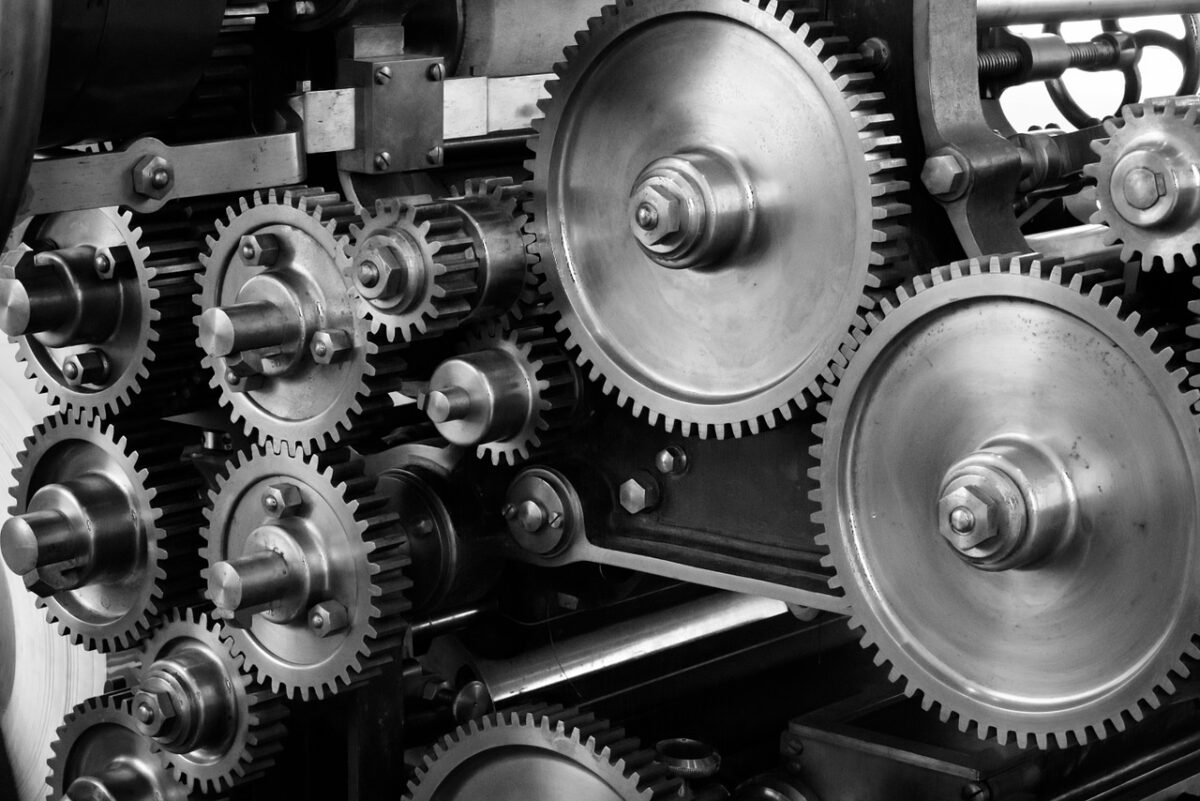Quite often, the calibration of machines can only represent a small part of a company’s operations, but intelligent calibration makes all the difference. Calibrating means acknowledging the importance of precision and quality in processes. Calibrating also means you aim to improve processes because calibrations are traceable. Traceable in the sense that their history can be retraced and that they can help organize future activities. Knowing this, you can optimize the number of necessary calibrations as well as the intervals between the different calibrations of each instrument. Properly executed calibrations will affect most of the company’s results. Calibration increases quality, reduces rework, and minimizes the risk of financial liability!
Your measuring instruments with calibration are safe
Machine calibration is an important part of quality control. Of course, we take into account all regulations and standards, as well as the standards required by clients in this context. From goods entry to preparation, from the lab to goods dispatch, specialized professionals intervene exclusively on your calibration order.
Why perform calibration?
The ability to recognize and potentially correct errors in machines and motion systems is a key factor in getting the most out of your equipment.
Increased production time
Before starting to cut parts, machine materials, or measure components, it is important to ensure that the machine is capable of doing the required work. It is important to obtain a detailed description of the variations over time of each performance characteristic of a machine. Thus, it becomes possible to plan maintenance interventions in advance for each machine and to define emergency plans.
Better machine performance
Calibration allows you to manage your machines effectively and determine their actual capabilities before starting machining and the subsequent post-treatment inspection phase of the part. It can also improve machine performance by carefully planning maintenance and compensating for errors.
Better knowledge of the machine and its production capabilities
It is important to use the most appropriate machine for each task. The ability to assign tasks requiring specific tolerances to machines capable of handling them ensures precise production and minimizes waste.
Targeted maintenance interventions
To accurately understand the causes of any problem and quickly decide to carry out maintenance operations, it is important to plan targeted maintenance to minimize downtime.
Planning of routine interventions
Thanks to regular tests and the ability to compare results with previous tests, you can identify potential problems before they become critical and plan maintenance to minimize unexpected breakdowns.
Ability to demonstrate machine performance
If clients request quality control tests on their machines, you can provide excellent ones in the form of calibration charts and periodic performance test tables. These tools can provide a significant advantage over the competition, which may not be able to produce such documents.
Professional maintenance service
A very high-level after-sales service is the key to ensuring maximum accuracy. There is nothing better than using the same tools used by the manufacturer for the initial calibration to bring the machines back to their original specifications. Furthermore, with a professional maintenance service, the safety and economic efficiency of production and the reliability of products are guaranteed. Finally, it complies with the requirements arising from quality standards and guidelines (almost all based on ISO 9001) and costs savings due to reduced product liability and reduction of orders for new instruments.


